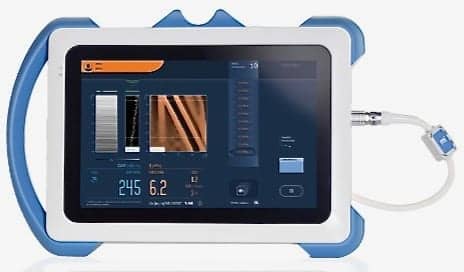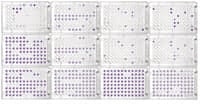Echosens, Waltham, Mass, a high-technology company offering the FibroScan family of products, has announced that the Nonalcoholic Steatohepatitis (NASH) Network (NASHNet), a global centers of excellence network, is utilizing FibroScan in a pilot study to appropriately identify patients with progressive nonalcoholic fatty liver disease (NAFLD). With the goal of creating an optimal care delivery model, NASHNet will utilize FibroScan and associated screening tests in its affiliated primary care, endocrinology, and bariatric clinics.
“An estimated 30% of individuals in the United States are affected by NAFLD, with most patients undiagnosed,” says Douglas Dieterich, MD, director of the institute for liver medicine in the Mount Sinai Health System.
“Given this high prevalence of disease, cost-effective risk stratification strategies need to be proven and adopted to target more effective assessments and interventions for those patients at greater risk of advancing liver disease.”
Dieterich points to FibroScan as a rapid, noninvasive quantification tool at the point of care that may enable efficient and cost-effective early screening and subsequent disease identification.
“This is essential to improve NAFLD disease management and reduce the disease impact on overall patient health and the healthcare system as a whole,” he adds.
In collaboration with Echosens, NASHNet will collect and analyze data on 6,500 patients over a 1-year period. The study will identify cost-effective patient flows to screen, diagnose, and manage patients with NAFLD and NASH. To accomplish this goal, the NASHNet steering committee is recommending that FibroScan devices be placed within the network’s primary care and diabetic clinics.
“Our aim is to assess cost-effective screening, diagnosis, and management approaches that leverage the unique ability of FibroScan to rapidly quantify stiffness and estimate liver fat, and to make the technology available where patients receive their care,” says Dieterich. “The study will evaluate care models that utilize FibroScan in conjunction with routine lab tests, lipidomic and metabolic profiles, magnetic resonance elastography, exploratory biomarkers, and morphometric analysis. The objective is to improve identification of patients with progressive NAFLD and reserve more costly assessments to those patients at greater risk for mortality and morbidity associated with the disease.”
For further information, visit Echosens.
Featured image: The FibroScan ultrasound scanner for detecting liver disease, by Echosens.






